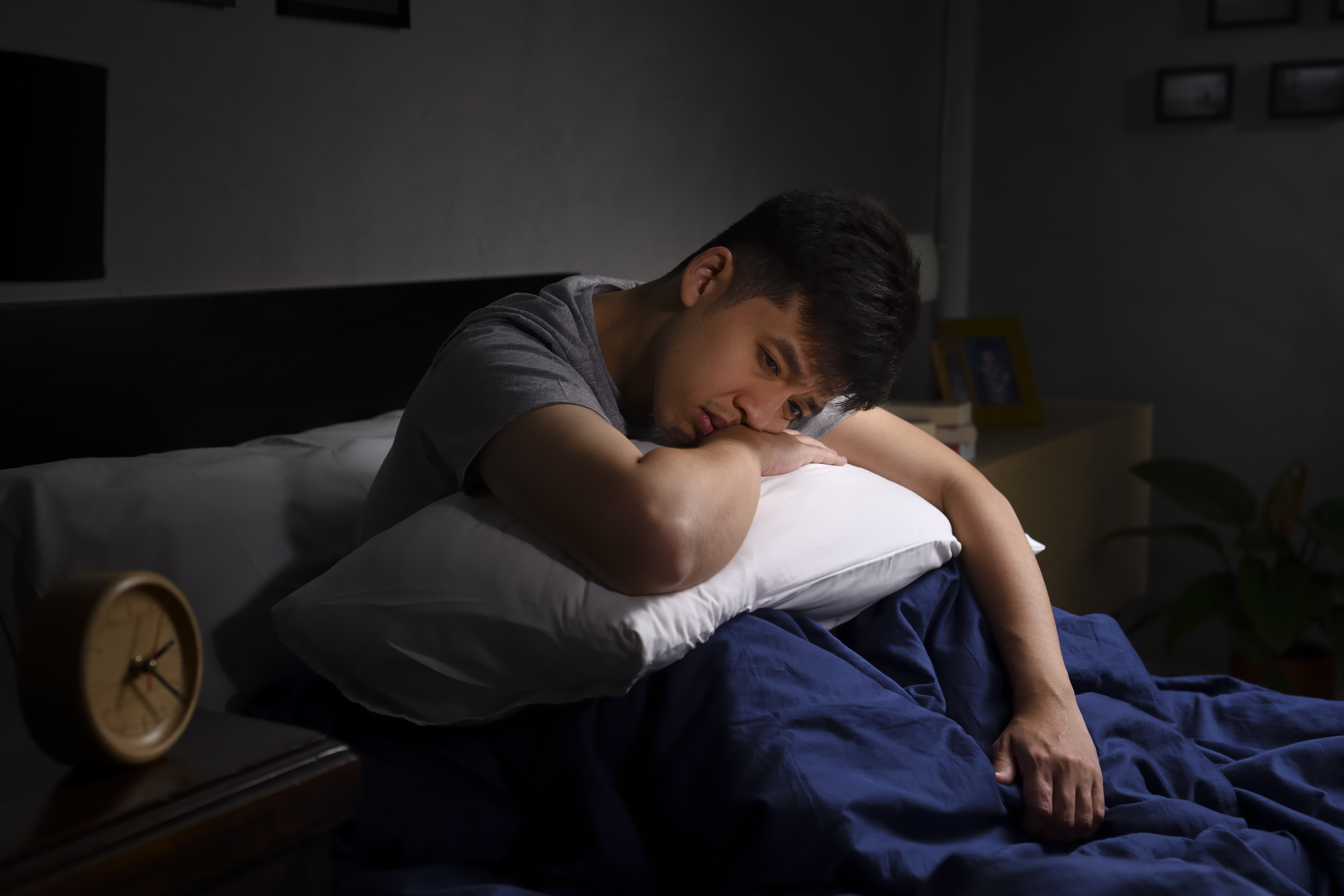
Blog
Tips for Shift Workers: How To Get Better Sleep
Shift work is a job that requires you to work at times when most people are sleeping. This can be difficult on your physical health,

Shift work is a job that requires you to work at times when most people are sleeping. This can be difficult on your physical health,

Are you struggling to fall asleep? Are you waking up feeling tired? Does your mind race at night as you try to fall asleep? If

Has the pandemic affected your sleep schedule? Researchers have noticed an uptick in sleep disorders due to the pandemic. Maybe it’s because of the extended time spent

Research shows that more than two-thirds (70%) of American adults obtain insufficient sleep at least once a month. More than 10% of adults say that they experience


